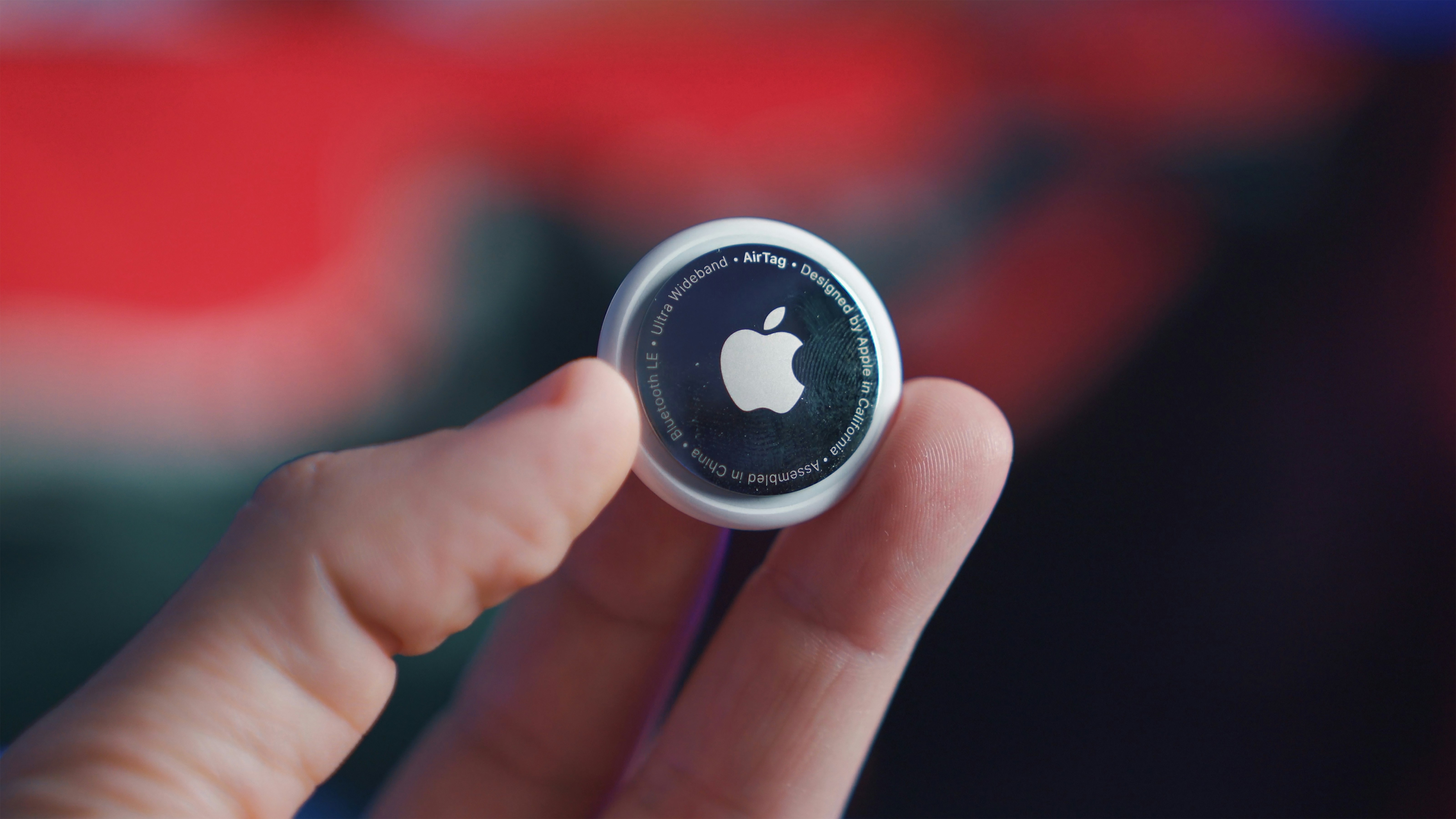
Houston resident Brandy Deason put an Apple AirTag in her recycling to see where her plastic trash was going. While many might expect the city would drop the recyclables off at a recycling center, Deason instead found her trash sitting in an open-air lot alongside millions of other pieces of trash at Wright Waste Management (WWM).
Wright Waste Management did not allow CBS News to enter and inspect its premises. Still, the news team's drone camera discovered that all the trash picked up from the Houston Recycling Collaboration (HRC) was apparently just sitting there on its premises, stacked more than 10 feet high. This came as a shock, as the HRC was meant to revolutionize the city’s recycling program, allowing it to process all kinds of plastic. Instead, we see all the collected waste sitting idle in open-air lots waiting for the right technology to appear.
That’s because Cyclix International, one of the partners in the HRC, has yet to open its massive factory to scale up its plastic recycling operation. The company said that it recycles all kinds of plastic and has even already set aside a sprawling space big enough to accommodate nine football fields. However, the current facility is just an empty husk without a single piece of machinery in sight.
The company says that it needs a huge stock of plastics for processing when it starts operation, that’s why it’s letting all the trash pile up in the WWM’s compound. But given that its operational timeline expects the processing plant to open eight to nine months from now, it means that the company will likely amass more trash before it can even open its doors, especially as the HRC program is expanding into more areas in Houston. So, unless Cyclix and WWM have other areas to hold its plastic waste, the facility that CBS News saw would likely be filled to the brim in the next few months.
One more issue that many environmental advocates raise is that the advanced recycling technology that Exxon claims to have made for recycling all kinds of plastic isn’t exactly effective. What the plastic recycling plant does is shred the trash to be recycled into tiny identical pellets, melt them at high heat, and then remold them for reuse. As for plastics that cannot be recycled like that, Exxon will superheat and then chemically treat the plastics for recycling to turn them into new plastic products or fuel.
While this may sound like a viable solution to our plastic problem, it exacerbates the problem, as these processes have highly toxic fumes contributing to air pollution. They would also likely demand a lot of fossil fuels to superheat the recyclables, which adds more greenhouse gas emissions. The U.S. Environmental Protection Agency (EPA) says that converting “solid waste to fuels, fuel ingredients, or energy” is not recycling.
This isn’t the first instance of the unusual use of AirTags. Many people have already used them to track their luggage when they’re flying (especially internationally), hiding a tag in their bags to make recovery easier in case of theft, or even tagging family members with dementia. However, the one thing Apple likely didn’t think the AirTag would be used for is to track trash.
Whatever the case, this innovative use of Apple’s popular tracking device has helped forward the investigation, allowing Houston residents to see where their recyclables are going. So, thanks to Apple AirTags, we’ve discovered the plastic trash slated for recycling is just piling up while the processing facility is waiting for its machinery to arrive.







